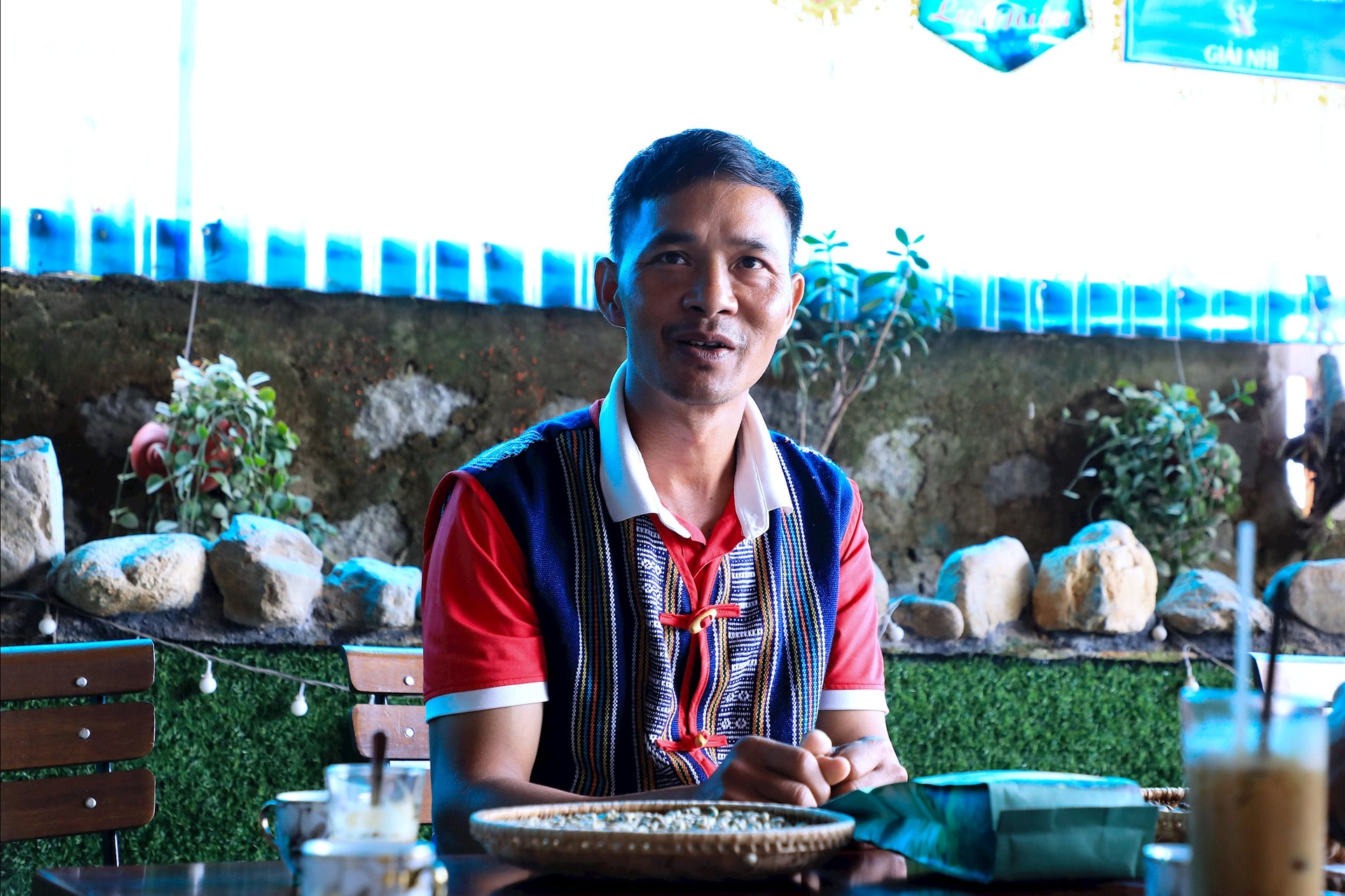
Turning point from broken link
Not far from the foot of Chu Mui mountain, there is a small coffee shop named Chu Mui. The small shop is located modestly under the wooden roof of Mr. Lieng Jrang Ha Hoang, a K'Ho person born and raised in Da Nghit residential group.
On year-end mornings, the small shop still smells of freshly roasted Arabica - the coffee that has created a turning point in his life and the lives of many households in the area.
Recalling the years 2019 - 2020, Mr. Ha Hoang said that people at that time participated in training courses on techniques for planting, harvesting and processing high-quality coffee. A group of households signed a contract with a business to make coffee according to standard procedures and were guaranteed a price of about 80,000 VND/kg, 20,000 VND higher than the market price.
The group's total annual output reached 20-30 tons, opening up great hope for the K'Ho people who were accustomed to traditional methods. However, the connection quickly broke down when some households asked the enterprise to increase the purchase price to 90,000 VND/kg but was not approved. Some people left the connection, and the enterprise also stopped purchasing, causing a large amount of coffee to remain in inventory.
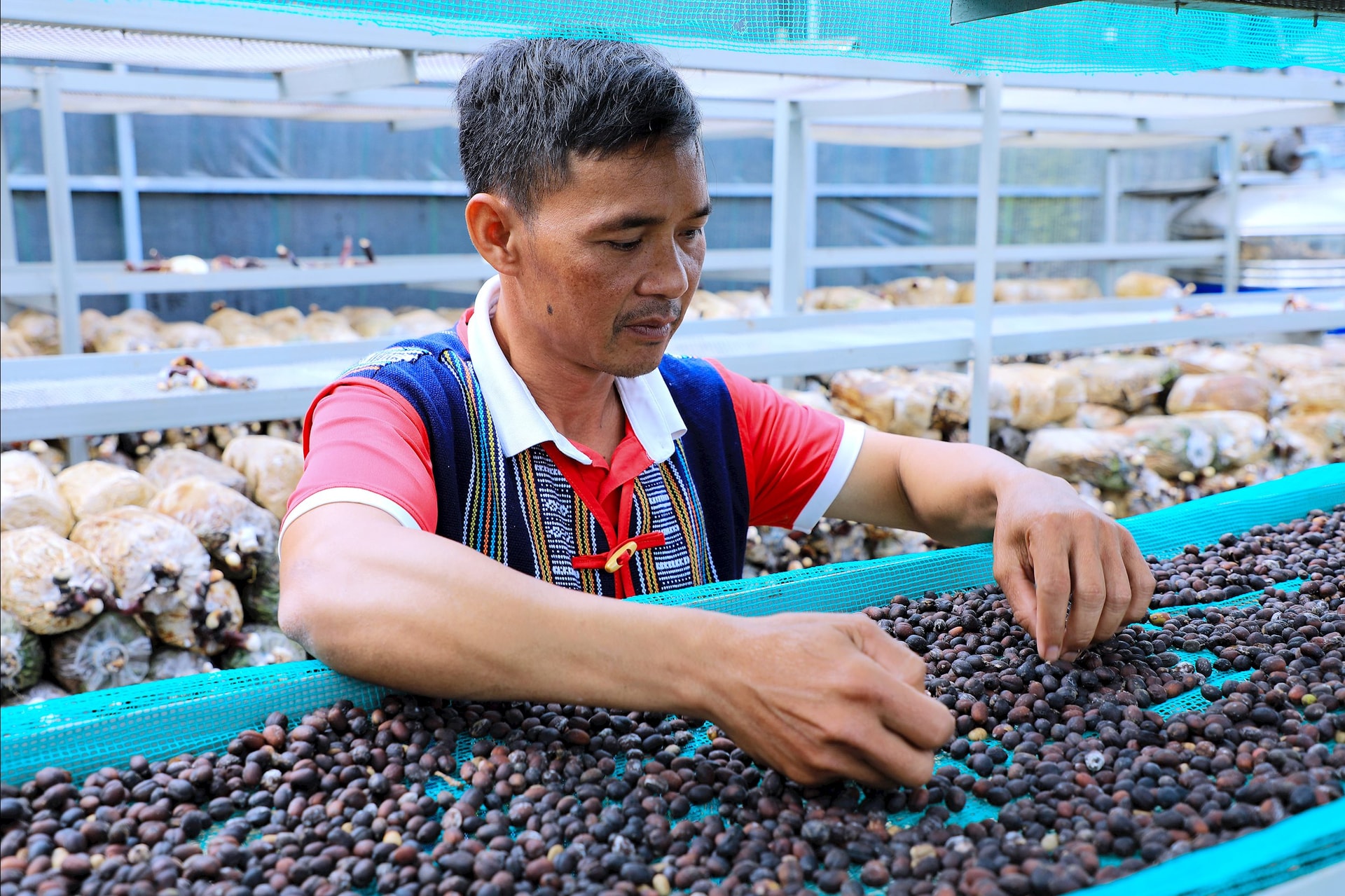
At that time, Ha Hoang’s family still had nearly 20 tons of coffee in the warehouse. Ha Hoang traveled to each agent to sell his family’s coffee and that of his neighbors, but the results were not as expected.
“If sold to agents, it would only cost 75,000 VND/kg, lower than the cost that households have spent on raising the product according to quality standards. But if we keep the product in the warehouse, we will not have capital to reinvest,” he said.
That was the most difficult period, but also the turning point for him to start his journey of building his own brand. He joined the Cafe REED project and was supported with technology, processing equipment, finance and production process. From seed selection, pest control, to roasting - grinding - processing, he learned and applied everything himself, then instructed the people.
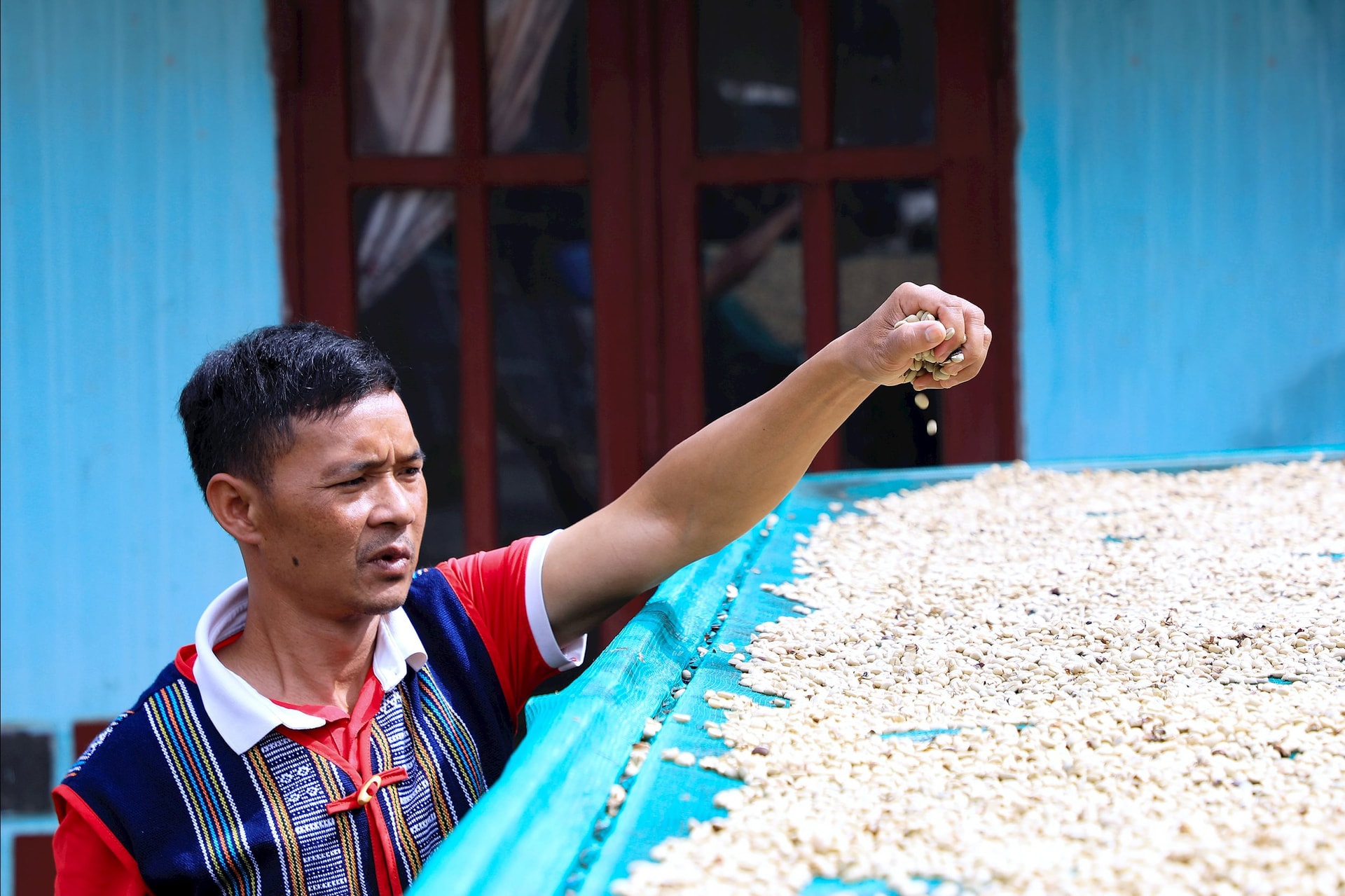
By 2022, he registered for production and business under the name "Chu Mui Coffee". A year later, the product was recognized as a 3-star OCOP, becoming the pride of the associated households and the K'Ho Da Nghit community.
Journey of organic coffee development
At the end of November 2025, Mr. Ha Hoang and the members of the cooperative began a new harvest. Each plump Arabica bunch was hand-picked, sorted on the spot, then dried and processed in the family's greenhouse. The entire process was strictly monitored to ensure organic standards.
Although it has only been on the market for about three years, Chu Mui coffee has already established a certain position. Before the harvest season, many businesses have signed purchasing contracts. The cooperative with 7 households currently manages nearly 15 hectares of coffee, expected to supply about 10 tons of coffee beans each year, priced from 150,000 VND/kg.
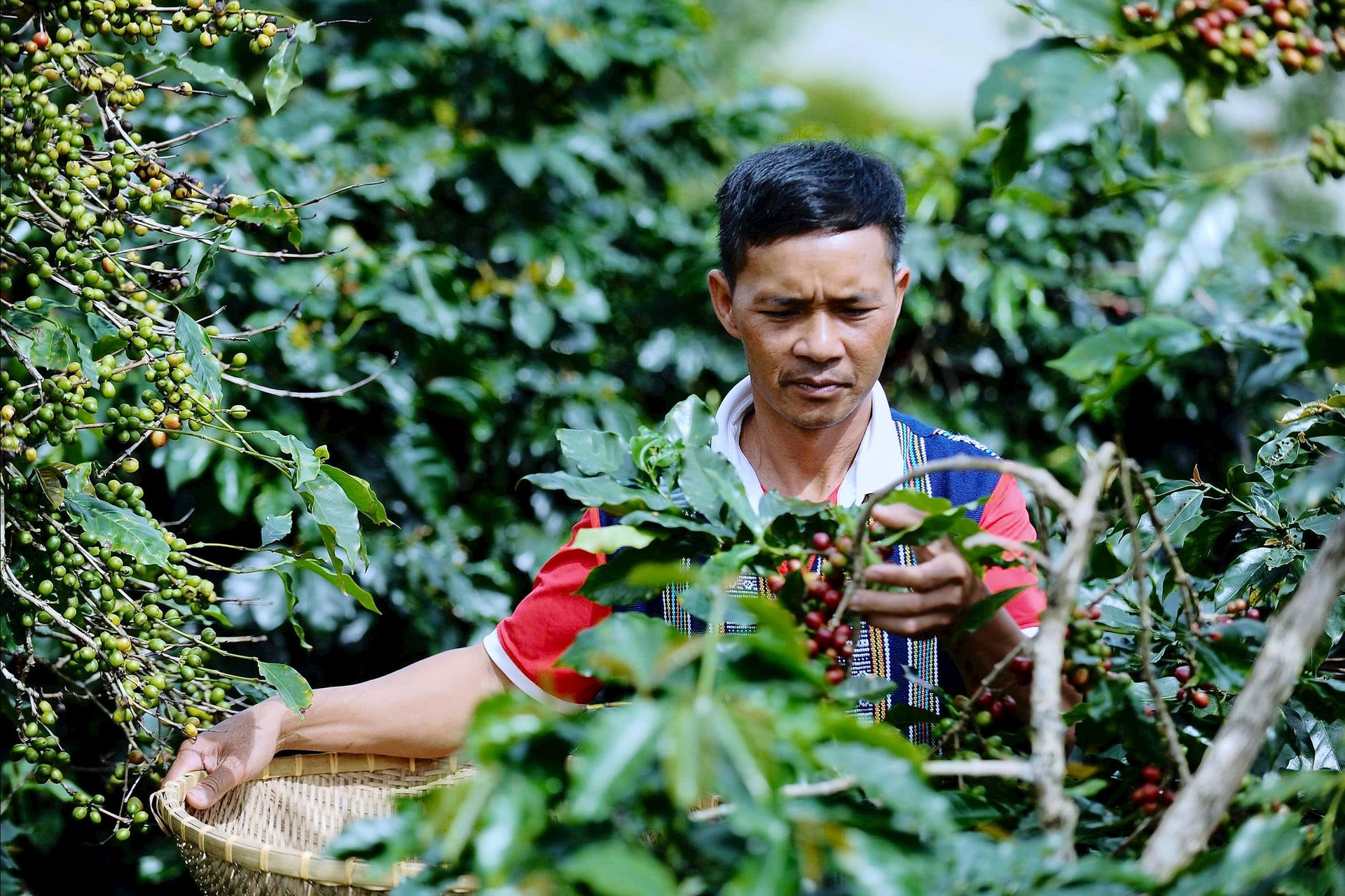
In addition to green coffee, the cooperative is developing deeply processed products such as filter coffee, blended ground coffee, and roasted green coffee to meet diverse consumer needs.
Ha Hoang’s family produces both Arabica and Robusta using a combination of manual and organic methods. Limiting chemical fertilizers and pesticides helps the coffee beans retain their natural flavor, while protecting the soil and ecological environment of the mountainous region.

The average yield of the model is 2.8 tons/ha, bringing in revenue of about 420 million VND/ha per year. When processed further, the selling price can reach 300,000 VND/kg, creating much higher added value than selling green coffee.
Among the households participating in the cooperative, Mr. Lieng Hot Ha Diem’s family has more than 2 hectares of Arabica grown entirely organically. “The plants are healthy, have few pests and diseases, and have stable yields. More importantly, the output is guaranteed, so the income per crop reaches hundreds of millions of dong,” Mr. Diem shared.
In addition to a stable source of income, the organic coffee model also contributes to changing the production habits of the people. Many households that were previously used to doing things the traditional way, selling to traders at low prices, have now learned how to record, manage the process, and understand more about the value of standard products.
Mr. Ha Hoang said that the goal in the coming time is to expand the organic material area, attract more households to participate, and at the same time develop more specialty coffee lines to increase value.

Mr. Ho Cong Dinh, Chairman of the Farmers' Association of Lang Biang Ward - Da Lat, assessed the Chu Mui model as a bright spot in the local socio -economic development. Not only does it create jobs and income for the people, the model also contributes to preserving the landscape and local culture.
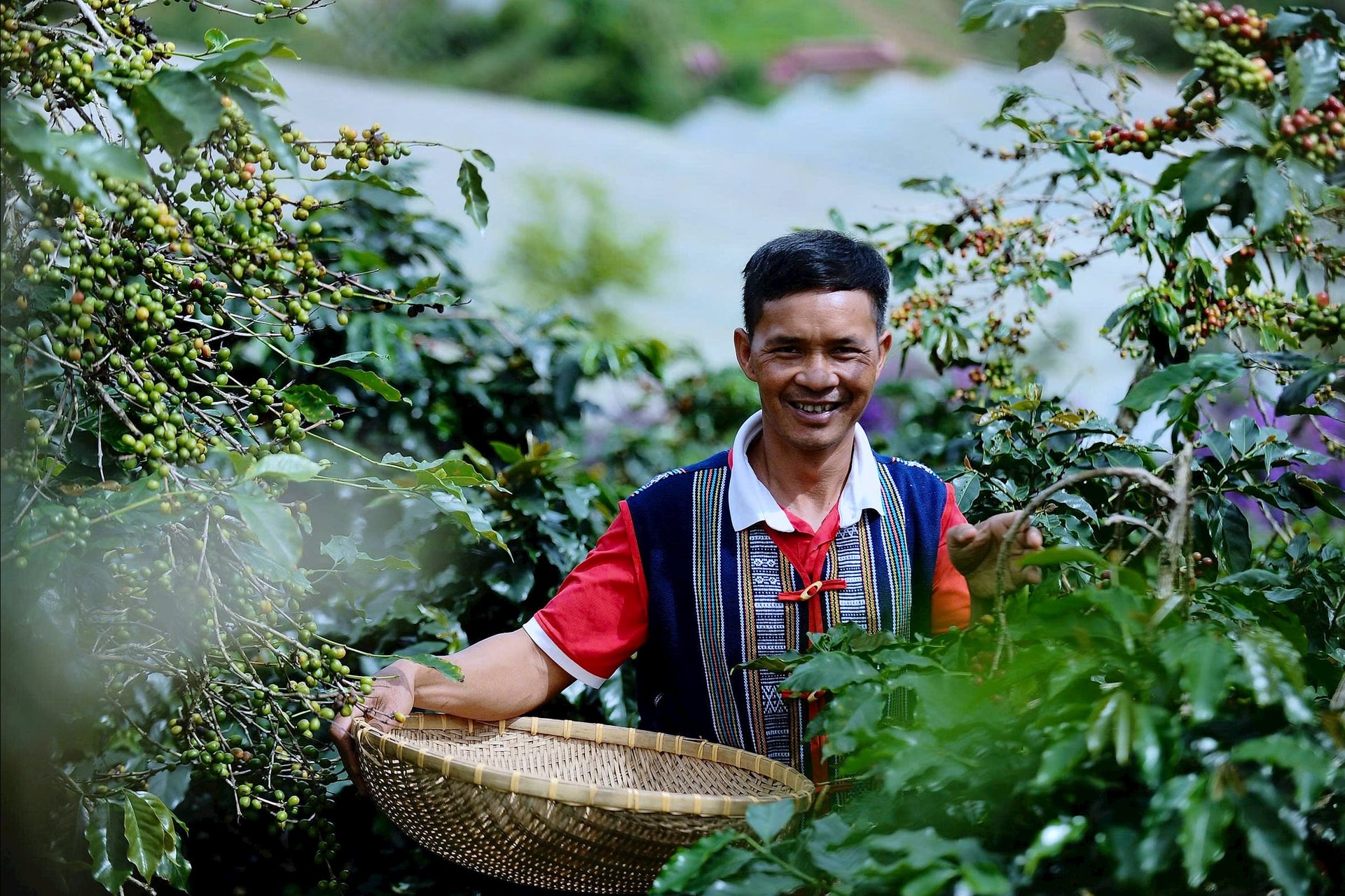
Source: https://baolamdong.vn/nguoi-k-ho-lam-dong-dung-thuong-hieu-ca-phe-ocop-duoi-chan-nui-chu-mui-404564.html


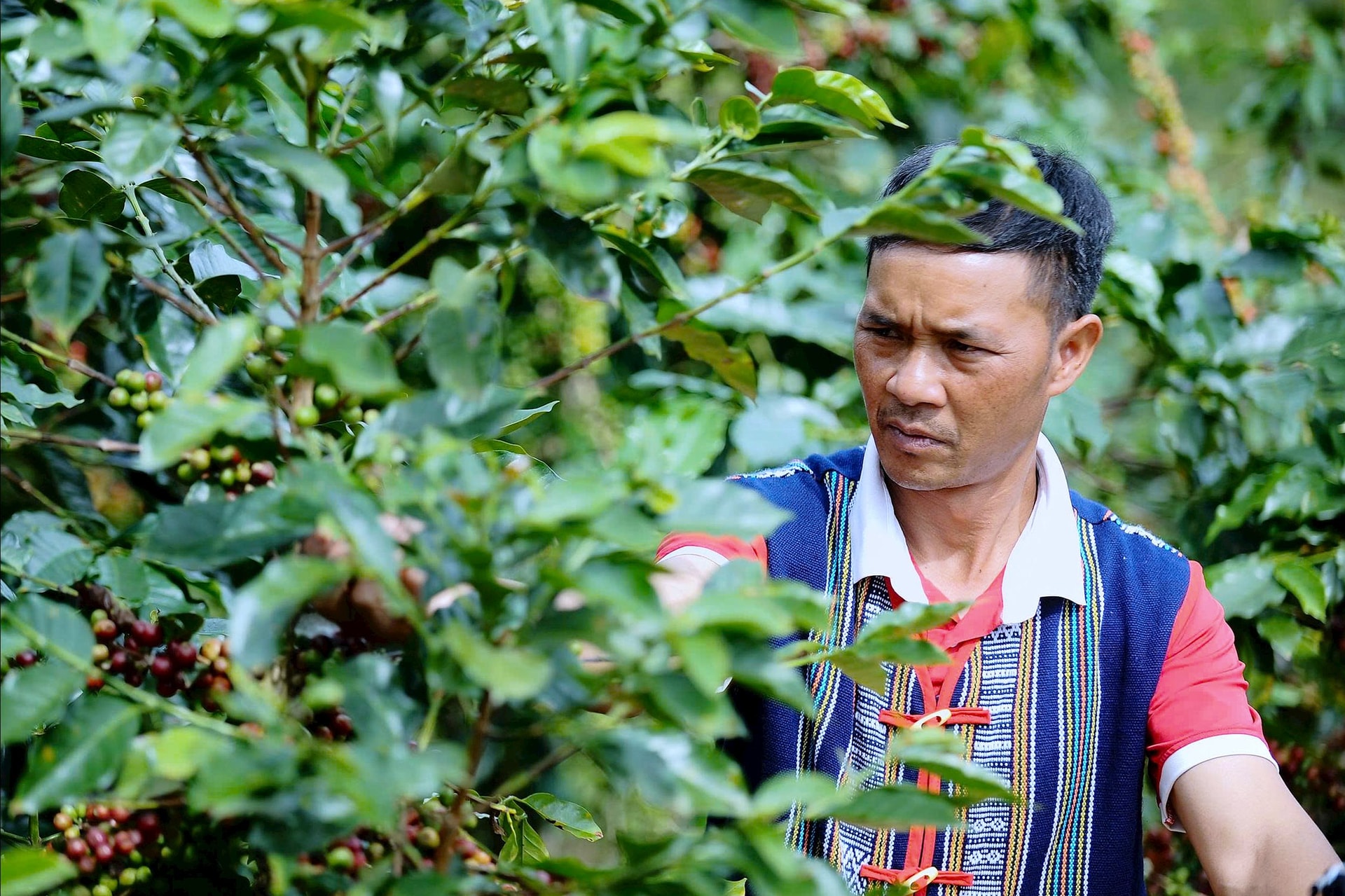
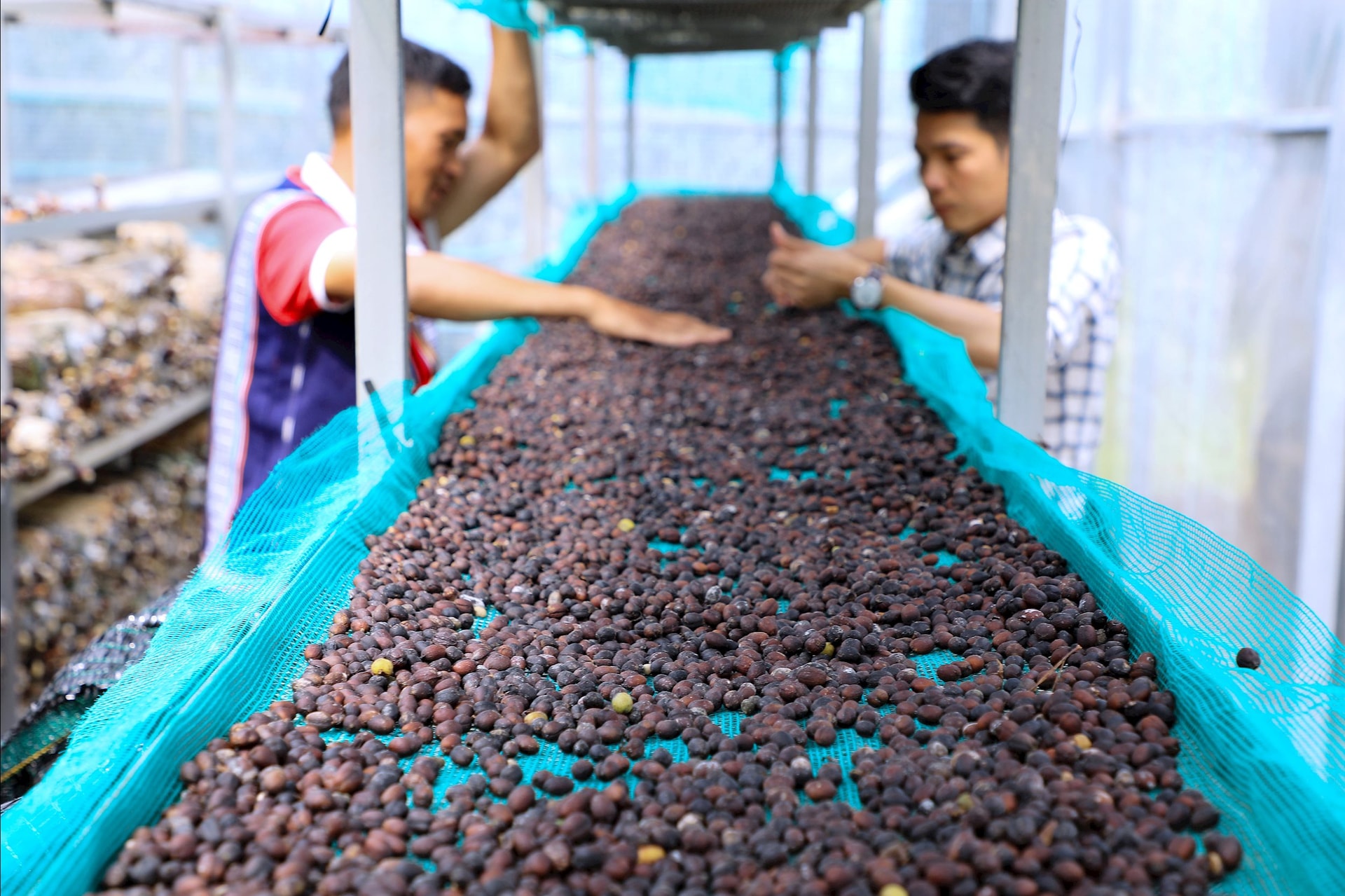
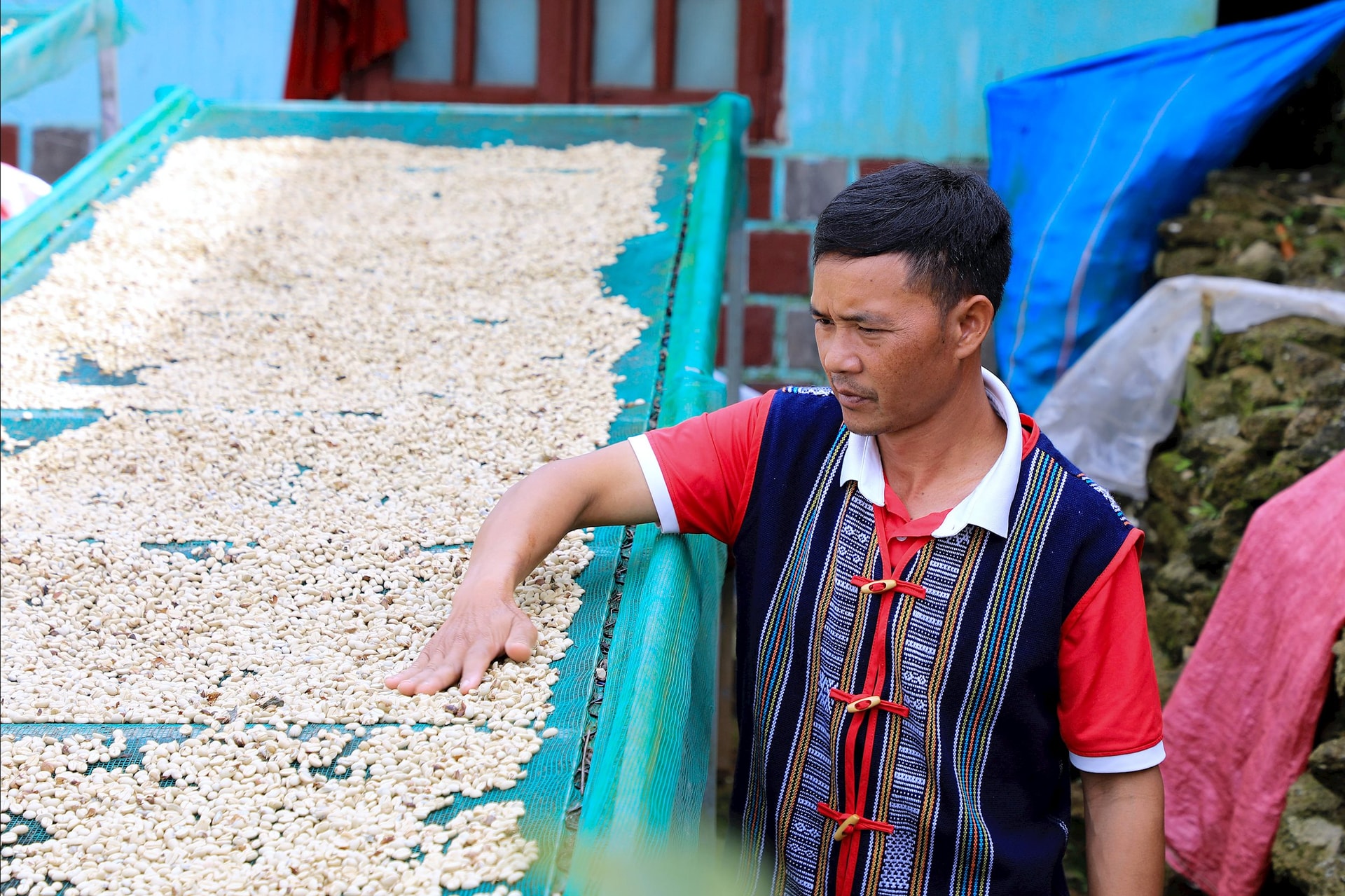
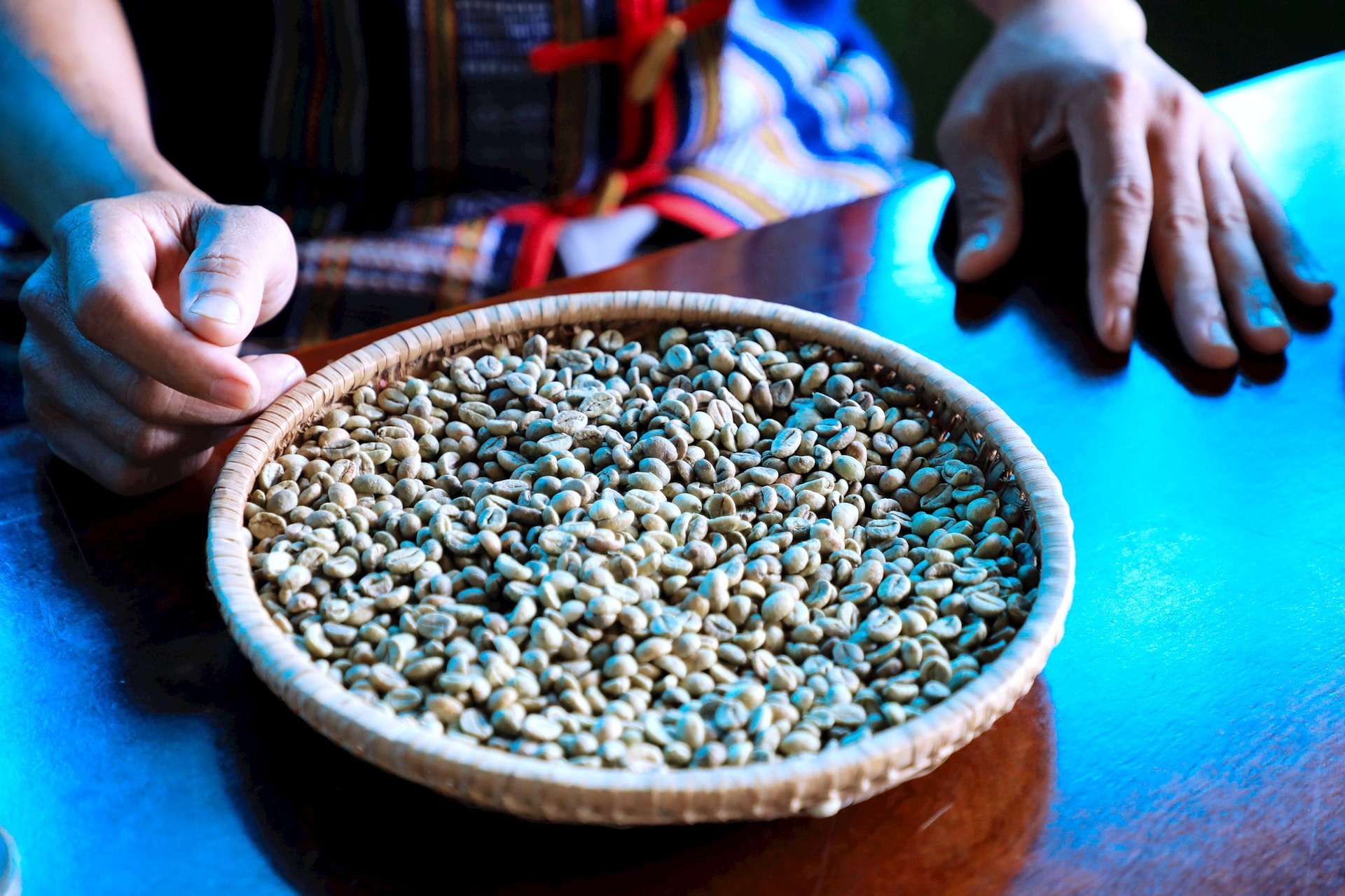
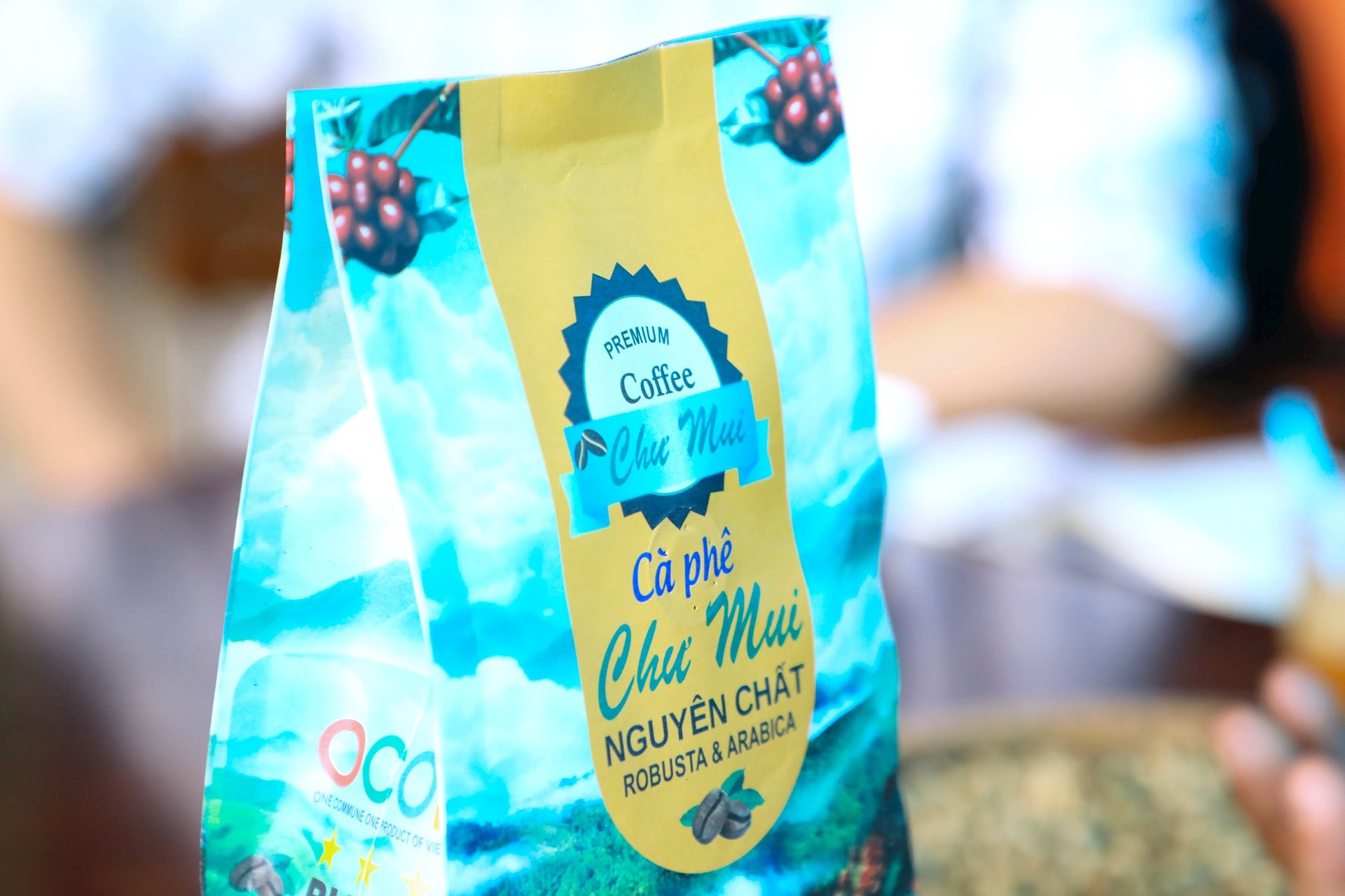










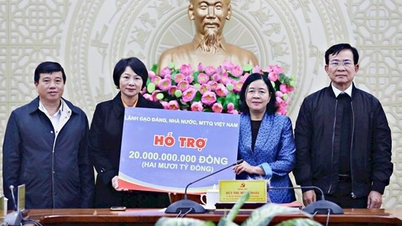

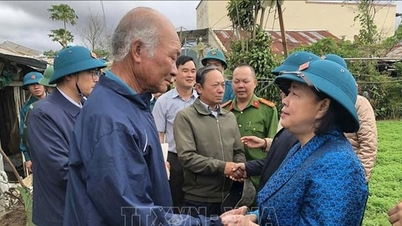

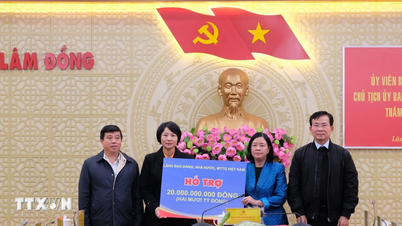

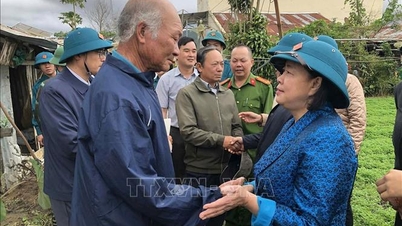





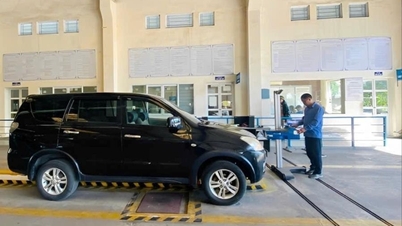



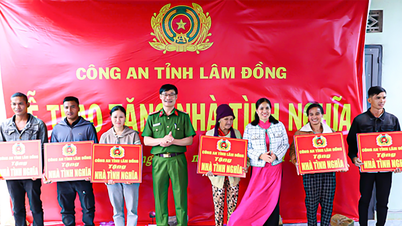
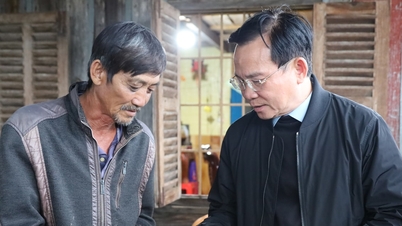





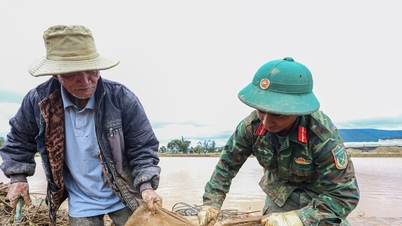
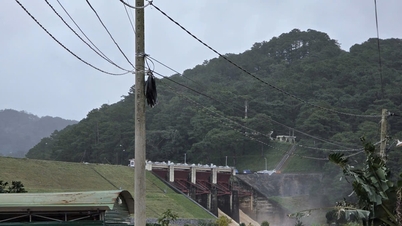

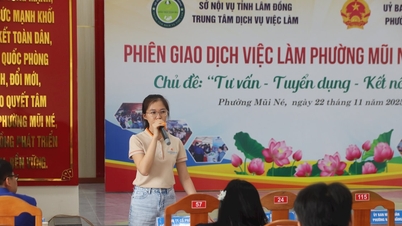
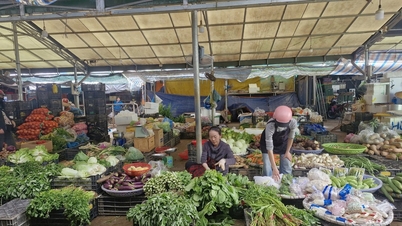
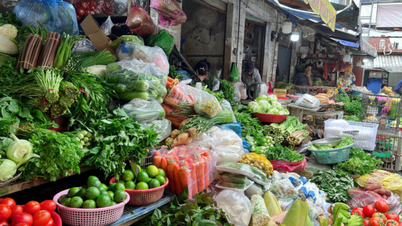

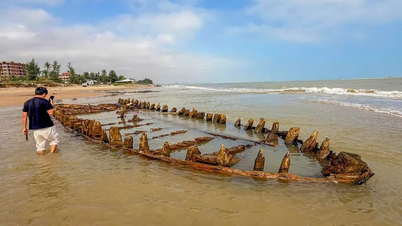

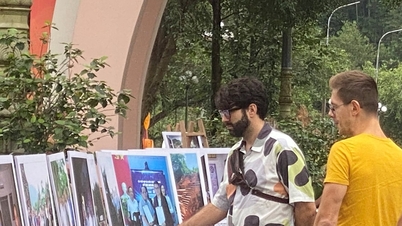

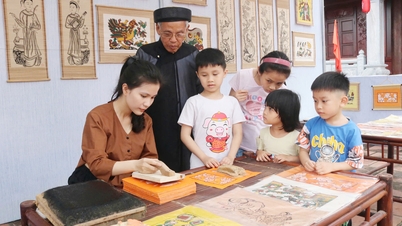

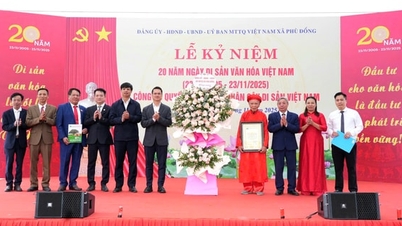



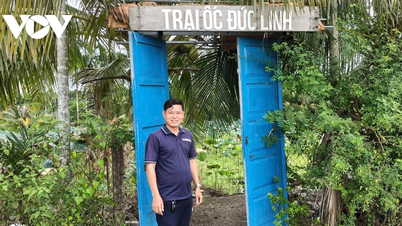

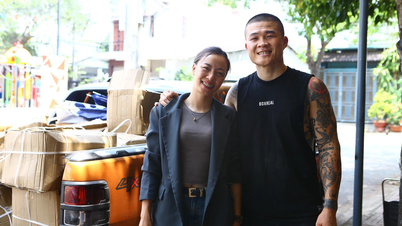

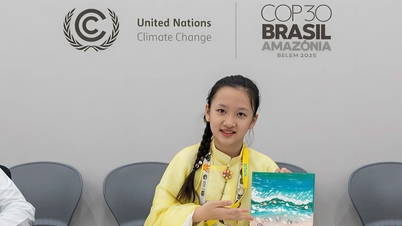






























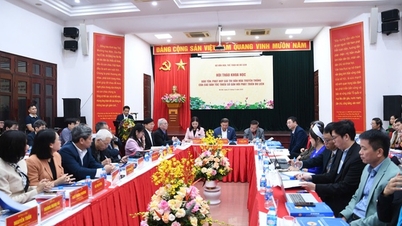

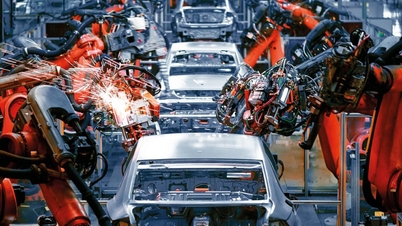

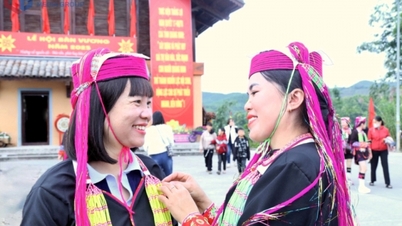





















Comment (0)